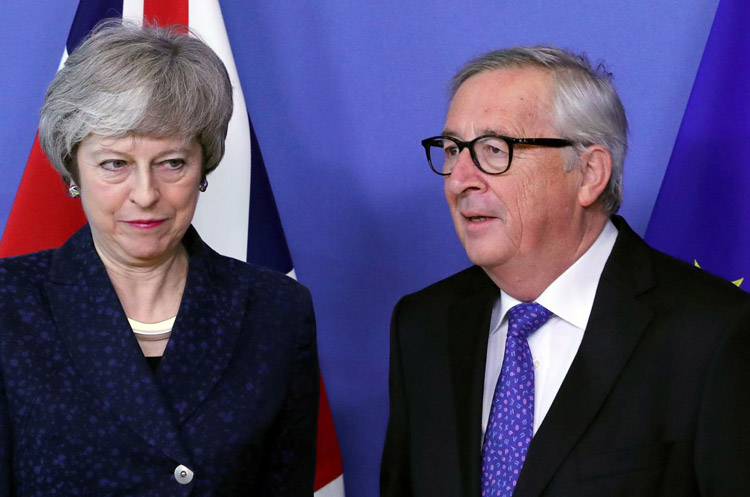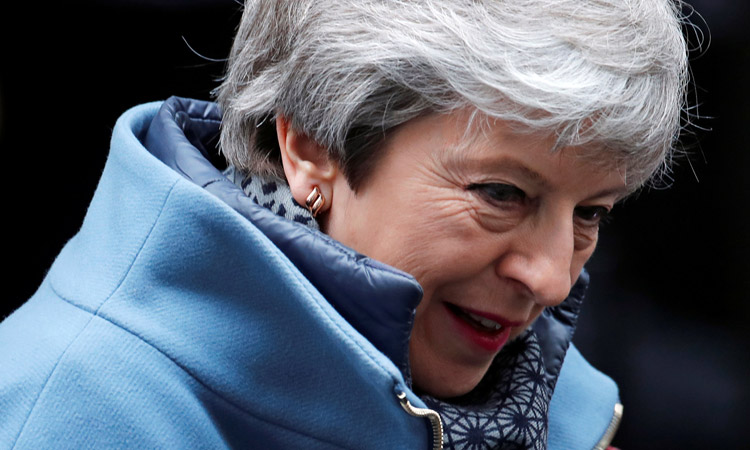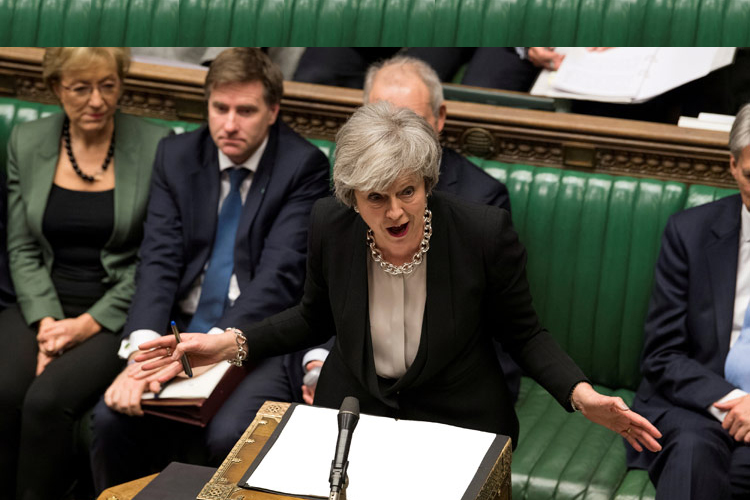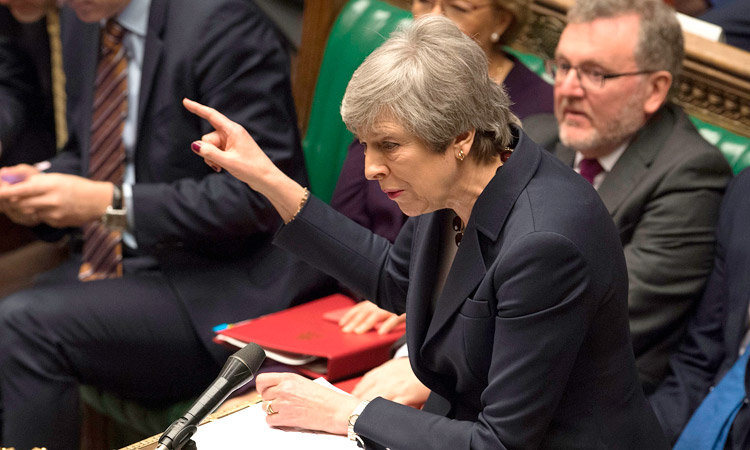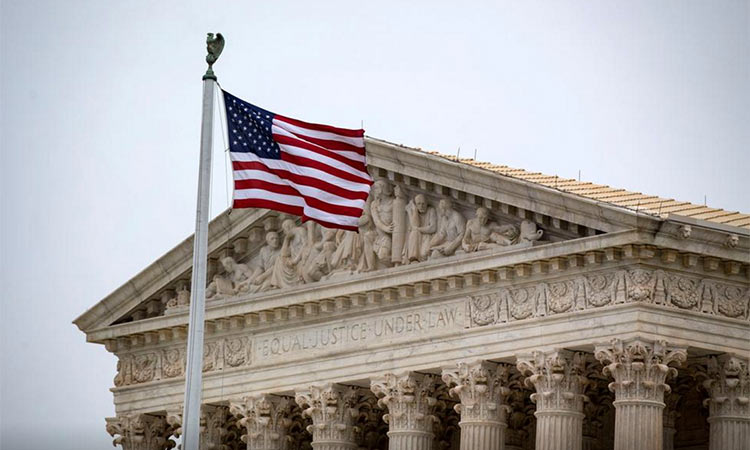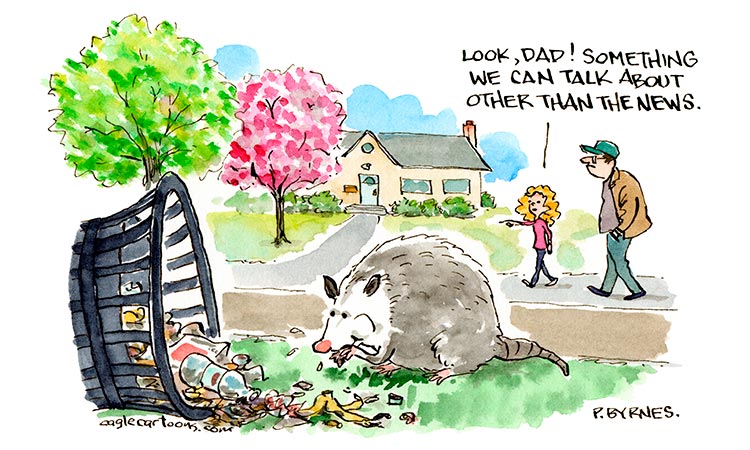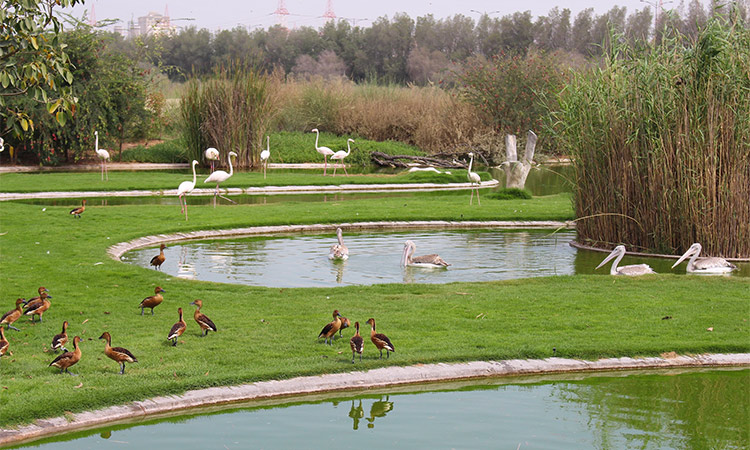The Tory party is descending into madness
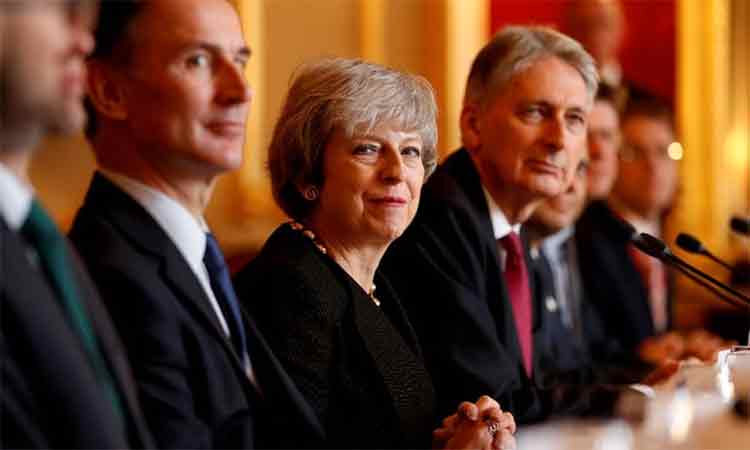
Theresa May chairs a meeting in London. Reuters
Aeron Davis, The Independent
Has anyone seen the old Conservative and Unionist Party lately? You know the one. It had a diverse membership, a clear voter base, an ideological homeland to call its own. It was a coherent, disciplined, drug-free, election-winning machine. Today it is none of those things. To the casual observer it appears to have morphed into the Monster Raving Tory Party. Is this a temporary descent into madness or are we watching the beginning of the end for the party of the British establishment?
There are two big reasons to think this is just a phase. For one, there is a leadership election taking place in troubled times. Candidates are keen to get those skeletons out of the closet before others do. A bit of class A for Gove and Stewart, class C for Raab and Hunt, and “I didn’t inhale” for Johnson.
They are also desperately trying to distinguish themselves in a crowded field of mostly unknowns (11 today but who knows tomorrow?). That means no teaching LGBT relationships in schools for McVey and Corbyn-baiting for Hancock. But, most of all, it means sounding more macho on Brexit than Farage or the other Screaming Lord Sutch contenders. Hard deal, no deal, no backstop deal, and now, prorogued parliament deal. Post-election, the hope is that the next leader will sound less Trumpish and rather more prime ministerial. Perhaps?
And, of course, there is the small matter of Brexit. We’ve known for some years that EU membership has divided the party. Thatcher fell out with Lawson in the 1980s over it. Major did the same with his “bastards” in the 1990s. Currently, the majority of party members want a hard Brexit as soon as and by any means possible. Many in the big business wing of the party want something much softer or no Brexit at all. The Tory press scents Euro-blood but the City wants to keep trading its eurobonds. We are now at the high point of this particular existential schism. So, when the deed is finally done, one way or another, Tory harmony will return. Maybe?
On the other hand, there is also much to suggest that this is no short-term crisis. Incoherence, recklessness and dysfunction may, in fact, have become the new normal. They haven’t won a decisive election victory for over three decades. In last month’s European elections, the party’s share of the vote dropped below 10 per cent. Polls suggest they are in danger of becoming the fourth party. Their ever-declining membership (now some 120,000) is increasingly elderly and inactive. The party is decidedly old media, while new-old-Labour is decisively new media. The party machine has run out of high-grade snake oil.
The Conservatives, like all parties, always contained ideological differences and diverse constituents. However, in recent decades these splits have become more pronounced. In the 1950s, establishment-watchers such as Hugh Thomas and Anthony Sampson could trace the social ties that bound the Conservative Party together.
Whether working in the City, Westminster, the West End or BBC, the ruling class had much in common. A clear majority of those at the top went to one of nine Clarendon private schools such as Eton, Harrow or Westminster. They then went on to an Oxbridge college. Wherever they worked they joined the same private clubs and sat on each other’s boards.
Leap forward to the present and much has changed. Yes, you can find such networks dominating parts of the military, judiciary and City. But, the proportion of Clarendon-Oxbridge graduates has dropped considerably in most other leadership areas. In a 2014 study just 18 per cent of top CEOs and 12 per cent of The Sunday Times’ Rich List had studied at Oxbridge. In recent years, a third to half of FTSE 100 chief executives were born abroad. Far fewer of the top tiers now maintain their club memberships. In many leadership areas, heads change jobs every two or three years. Accountability is short-lived even as personal fortunes endure.
Meanwhile, the older values of “one nation Conservativism”, “gentlemanly capitalism”, “public service” and “national duty”, have all diminished. As more recent establishment-watchers Robert Peston and Owen Jones have noticed, those at the top scorn such quaint ideals. The establishment still votes Tory. But they now revere “personal enrichment”, “individualism” and “enlightened self-interest”.
Unfortunately, such principles are not good for maintaining institutions and that goes for the Tory party itself. And, as has been painfully apparent to the watching public, they have been driving Westminster politics ever since the 2016 referendum. It’s hard to see that changing any time soon, whoever takes May’s job.
